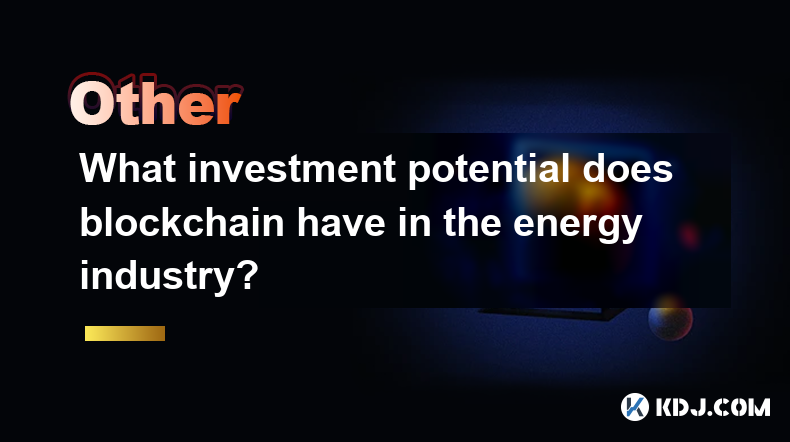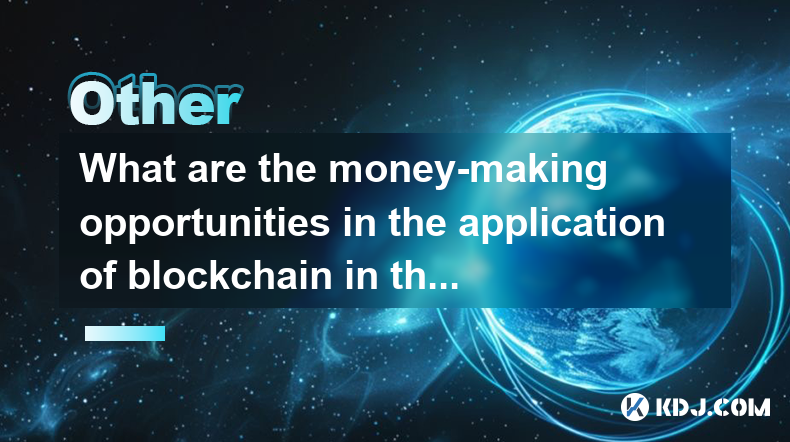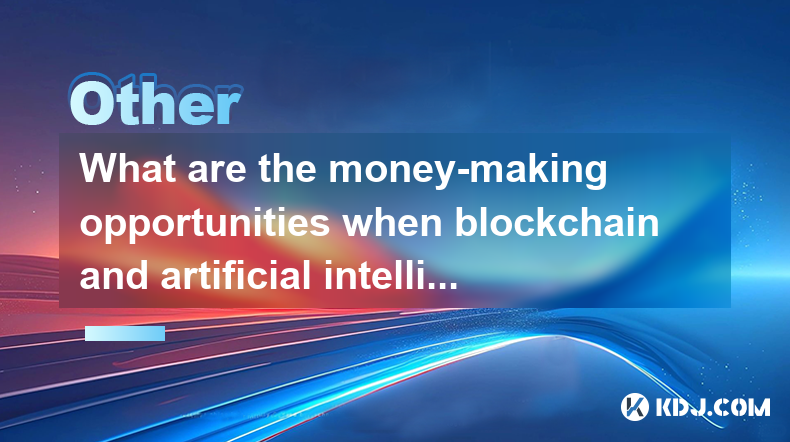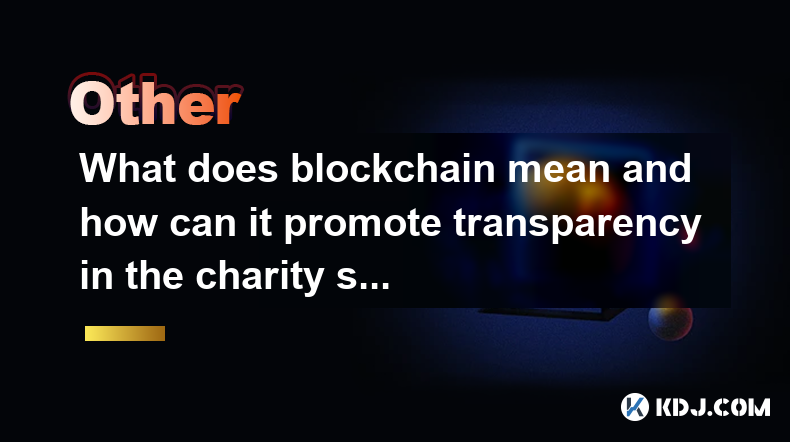-
 Bitcoin
Bitcoin $83,197.6833
-0.01% -
 Ethereum
Ethereum $1,805.1793
-1.02% -
 Tether USDt
Tether USDt $0.9998
-0.04% -
 XRP
XRP $2.0669
0.67% -
 BNB
BNB $595.9636
-1.75% -
 USDC
USDC $1.0000
-0.02% -
 Solana
Solana $116.7502
-1.93% -
 Dogecoin
Dogecoin $0.1650
-0.49% -
 Cardano
Cardano $0.6539
0.65% -
 TRON
TRON $0.2380
0.68% -
 UNUS SED LEO
UNUS SED LEO $9.5928
1.54% -
 Toncoin
Toncoin $3.5076
-7.01% -
 Chainlink
Chainlink $12.9118
-1.23% -
 Stellar
Stellar $0.2610
-0.62% -
 Avalanche
Avalanche $18.4476
-0.78% -
 Sui
Sui $2.2240
-5.35% -
 Shiba Inu
Shiba Inu $0.0...01220
-0.84% -
 Hedera
Hedera $0.1622
-0.88% -
 Litecoin
Litecoin $83.8744
0.38% -
 Polkadot
Polkadot $4.0416
0.49% -
 Bitcoin Cash
Bitcoin Cash $308.7388
1.65% -
 MANTRA
MANTRA $6.3205
-0.73% -
 Bitget Token
Bitget Token $4.4916
-1.17% -
 Dai
Dai $1.0000
-0.01% -
 Ethena USDe
Ethena USDe $0.9996
-0.01% -
 Monero
Monero $215.6386
0.41% -
 Hyperliquid
Hyperliquid $11.5782
-5.78% -
 Pi
Pi $0.5558
-13.35% -
 Uniswap
Uniswap $5.9289
-1.28% -
 Aptos
Aptos $5.0280
-4.28%
What investment potential does blockchain have in the energy industry?
Blockchain revolutionizes energy by enabling peer-to-peer trading, promoting renewables, and creating new investment opportunities, despite facing regulatory and scalability challenges.
Mar 31, 2025 at 11:14 pm

Blockchain technology, initially popularized by cryptocurrencies like Bitcoin, has shown remarkable potential to revolutionize various industries, including the energy sector. Its decentralized nature and ability to facilitate secure, transparent transactions offer unique solutions to longstanding challenges in energy distribution, management, and trading. As the world increasingly focuses on sustainable energy and efficient resource management, blockchain's role in the energy industry becomes more critical. This article delves into the various ways blockchain can be leveraged in the energy sector, exploring its potential to enhance efficiency, promote renewable energy adoption, and create new investment opportunities.
Enhancing Energy Trading and Distribution
Blockchain technology can significantly improve the efficiency and transparency of energy trading and distribution. By enabling peer-to-peer energy trading, blockchain allows consumers to buy and sell excess energy directly, bypassing traditional intermediaries. This not only reduces costs but also encourages the use of renewable energy sources. For instance, a homeowner with solar panels can sell surplus electricity to neighbors, creating a more decentralized and resilient energy grid.
- Smart contracts automate transactions, ensuring that energy is traded at agreed-upon prices without the need for intermediaries.
- Transparency provided by blockchain ensures that all transactions are recorded on a public ledger, reducing the risk of fraud and increasing trust among participants.
- Real-time data tracking allows for better management of energy supply and demand, optimizing the use of resources.
Promoting Renewable Energy Adoption
Blockchain can play a pivotal role in promoting the adoption of renewable energy. By tokenizing renewable energy assets, blockchain enables fractional ownership and investment in green energy projects. This democratizes access to renewable energy investments, allowing more people to participate in the transition to sustainable energy.
- Green energy certificates can be issued and traded on blockchain platforms, providing a verifiable way to track and reward renewable energy production.
- Decentralized energy markets facilitated by blockchain can incentivize the development of small-scale renewable energy projects, such as community solar farms.
- Carbon credit trading can be streamlined using blockchain, making it easier for companies to offset their carbon emissions and invest in sustainable practices.
Improving Energy Efficiency and Management
Blockchain's ability to securely store and share data can enhance energy efficiency and management. By integrating IoT devices with blockchain, energy consumption data can be collected and analyzed in real-time, leading to more efficient energy use.
- Energy consumption tracking on a blockchain can help identify inefficiencies and optimize energy usage in buildings and industrial facilities.
- Predictive maintenance of energy infrastructure can be improved by using blockchain to securely share data between different stakeholders, reducing downtime and increasing reliability.
- Supply chain transparency for energy-related products can be enhanced, ensuring that materials and components are sourced sustainably and ethically.
Creating New Investment Opportunities
The integration of blockchain in the energy sector opens up new investment opportunities. Investors can participate in energy projects through tokenized assets, which can be traded on blockchain platforms. This not only provides liquidity but also allows for more flexible and diversified investment portfolios.
- Tokenized energy assets enable investors to buy into renewable energy projects with smaller amounts of capital, broadening the investor base.
- Energy-focused cryptocurrencies and tokens can be used to fund and support energy projects, creating a new asset class for investors.
- Decentralized finance (DeFi) platforms can facilitate lending and borrowing for energy projects, providing access to capital without traditional financial intermediaries.
Case Studies and Real-World Applications
Several real-world applications and case studies demonstrate the potential of blockchain in the energy industry. For example, the Brooklyn Microgrid project in New York allows residents to trade solar energy using blockchain technology. Similarly, the WePower platform enables the tokenization of renewable energy, allowing investors to fund green energy projects.
- Brooklyn Microgrid showcases how blockchain can enable peer-to-peer energy trading, fostering a more resilient and decentralized energy grid.
- WePower demonstrates the potential of tokenizing renewable energy, making it easier for investors to support sustainable energy projects.
- Power Ledger in Australia uses blockchain to facilitate energy trading and manage energy data, improving efficiency and transparency in the energy market.
Challenges and Considerations
While blockchain offers significant potential in the energy sector, there are also challenges and considerations that need to be addressed. Regulatory hurdles, scalability issues, and the need for widespread adoption are among the key challenges.
- Regulatory compliance is crucial, as energy markets are heavily regulated, and blockchain solutions must align with existing laws and regulations.
- Scalability of blockchain networks needs to be improved to handle the large volume of transactions in the energy sector.
- Adoption by energy companies and consumers is essential for the success of blockchain solutions, requiring education and awareness campaigns.
Future Outlook
The future of blockchain in the energy industry looks promising, with ongoing developments and innovations likely to further enhance its impact. As technology evolves and more use cases are explored, blockchain's role in creating a more efficient, transparent, and sustainable energy ecosystem will become increasingly significant.
- Technological advancements in blockchain, such as layer-2 solutions and improved consensus mechanisms, will enhance its applicability in the energy sector.
- Collaborative efforts between energy companies, technology providers, and regulators will be crucial in driving the adoption of blockchain solutions.
- Global initiatives to combat climate change will likely accelerate the integration of blockchain in the energy industry, promoting sustainable energy practices.
Common Questions Related to Blockchain and the Energy Industry
Q: How does blockchain improve energy trading?
A: Blockchain improves energy trading by enabling peer-to-peer transactions, reducing the need for intermediaries, and increasing transparency. Smart contracts automate the trading process, ensuring that energy is exchanged at agreed-upon prices, while real-time data tracking optimizes supply and demand.
Q: Can blockchain help in promoting renewable energy?
A: Yes, blockchain can promote renewable energy by tokenizing green energy assets, facilitating decentralized energy markets, and streamlining carbon credit trading. This makes it easier for individuals and companies to invest in and support renewable energy projects.
Q: What are the challenges of implementing blockchain in the energy sector?
A: Key challenges include regulatory compliance, scalability of blockchain networks, and the need for widespread adoption. Energy markets are heavily regulated, and blockchain solutions must align with existing laws. Additionally, the technology must be scalable to handle the large volume of transactions in the energy sector.
Q: Are there real-world examples of blockchain in the energy industry?
A: Yes, several projects demonstrate blockchain's potential in the energy sector. The Brooklyn Microgrid in New York enables peer-to-peer solar energy trading, WePower tokenizes renewable energy projects, and Power Ledger in Australia facilitates energy trading and data management using blockchain.
Q: What investment opportunities does blockchain offer in the energy industry?
A: Blockchain offers investment opportunities through tokenized energy assets, energy-focused cryptocurrencies, and decentralized finance platforms. Investors can participate in renewable energy projects with smaller amounts of capital, and new asset classes are created to support energy initiatives.
Disclaimer:info@kdj.com
The information provided is not trading advice. kdj.com does not assume any responsibility for any investments made based on the information provided in this article. Cryptocurrencies are highly volatile and it is highly recommended that you invest with caution after thorough research!
If you believe that the content used on this website infringes your copyright, please contact us immediately (info@kdj.com) and we will delete it promptly.
- The meme coin space has seen a $10 billion drop
- 2025-04-04 14:00:12
- BTC Bleeds, But Big Time (BIGTIME) Token Surges Over 60%
- 2025-04-04 14:00:12
- Pi Network Coin: Can It Rise from the Ashes?
- 2025-04-04 13:55:12
- Dogecoin & XRP Experience Significant Profitability Decline Over Last 30 Days
- 2025-04-04 13:55:12
- Introducing the Delightful Ease of Cloud Mining
- 2025-04-04 13:50:12
- Pennies Allegedly Worth $124 Million and Billion-Dollar 1976 Bicentennial Quarters Are Hoaxes, Warns PNG
- 2025-04-04 13:50:12
Related knowledge

What are the future development trends of blockchain game development?
Apr 03,2025 at 05:00am
Blockchain technology has revolutionized various industries, and gaming is no exception. As we look to the future, several trends are set to shape the development of blockchain games. These trends not only promise to enhance the gaming experience but also to integrate blockchain technology more seamlessly into the gaming ecosystem. Let's explore these t...

What are the maintenance costs of blockchain system development?
Apr 03,2025 at 06:07pm
The maintenance costs of blockchain system development are multifaceted and depend on various factors. These costs can include technical maintenance, security updates, infrastructure expenses, and personnel costs. Understanding these elements is crucial for anyone planning to develop or maintain a blockchain system. Technical MaintenanceTechnical mainte...

What are the money-making models of blockchain games?
Apr 04,2025 at 02:00pm
Blockchain games have emerged as a revolutionary way for players to earn real money while enjoying their favorite pastime. These games leverage the power of blockchain technology to create unique money-making models that benefit both the players and the developers. In this article, we will explore the various money-making models of blockchain games and ...

What are the money-making opportunities in the application of blockchain in the medical industry?
Apr 03,2025 at 03:35am
The integration of blockchain technology into the medical industry presents a myriad of money-making opportunities that can revolutionize healthcare systems. Blockchain's inherent characteristics, such as transparency, security, and immutability, make it an ideal solution for various medical applications. By leveraging blockchain, companies can develop ...

What are the money-making opportunities when blockchain and artificial intelligence are combined?
Apr 04,2025 at 01:28am
The convergence of blockchain and artificial intelligence (AI) presents a myriad of money-making opportunities within the cryptocurrency circle. This fusion leverages the decentralized and secure nature of blockchain with the analytical prowess of AI, creating innovative solutions and platforms that can generate significant revenue. From enhancing tradi...

What does blockchain mean and how can it promote transparency in the charity sector?
Apr 03,2025 at 08:29pm
Blockchain technology is a decentralized, distributed ledger that records transactions across numerous computers. This ensures that the data is transparent and nearly impossible to alter retroactively. Essentially, blockchain serves as a digital ledger of all cryptocurrency transactions, enabling secure and direct exchanges without the need for intermed...

What are the future development trends of blockchain game development?
Apr 03,2025 at 05:00am
Blockchain technology has revolutionized various industries, and gaming is no exception. As we look to the future, several trends are set to shape the development of blockchain games. These trends not only promise to enhance the gaming experience but also to integrate blockchain technology more seamlessly into the gaming ecosystem. Let's explore these t...

What are the maintenance costs of blockchain system development?
Apr 03,2025 at 06:07pm
The maintenance costs of blockchain system development are multifaceted and depend on various factors. These costs can include technical maintenance, security updates, infrastructure expenses, and personnel costs. Understanding these elements is crucial for anyone planning to develop or maintain a blockchain system. Technical MaintenanceTechnical mainte...

What are the money-making models of blockchain games?
Apr 04,2025 at 02:00pm
Blockchain games have emerged as a revolutionary way for players to earn real money while enjoying their favorite pastime. These games leverage the power of blockchain technology to create unique money-making models that benefit both the players and the developers. In this article, we will explore the various money-making models of blockchain games and ...

What are the money-making opportunities in the application of blockchain in the medical industry?
Apr 03,2025 at 03:35am
The integration of blockchain technology into the medical industry presents a myriad of money-making opportunities that can revolutionize healthcare systems. Blockchain's inherent characteristics, such as transparency, security, and immutability, make it an ideal solution for various medical applications. By leveraging blockchain, companies can develop ...

What are the money-making opportunities when blockchain and artificial intelligence are combined?
Apr 04,2025 at 01:28am
The convergence of blockchain and artificial intelligence (AI) presents a myriad of money-making opportunities within the cryptocurrency circle. This fusion leverages the decentralized and secure nature of blockchain with the analytical prowess of AI, creating innovative solutions and platforms that can generate significant revenue. From enhancing tradi...

What does blockchain mean and how can it promote transparency in the charity sector?
Apr 03,2025 at 08:29pm
Blockchain technology is a decentralized, distributed ledger that records transactions across numerous computers. This ensures that the data is transparent and nearly impossible to alter retroactively. Essentially, blockchain serves as a digital ledger of all cryptocurrency transactions, enabling secure and direct exchanges without the need for intermed...
See all articles




















































































